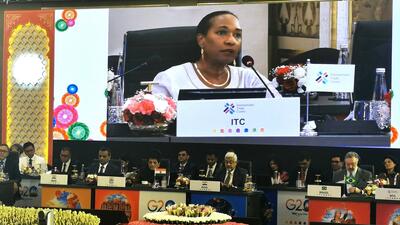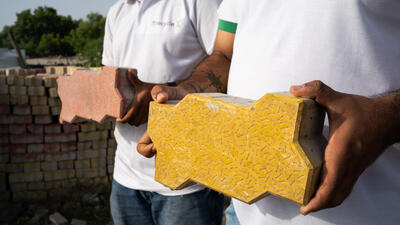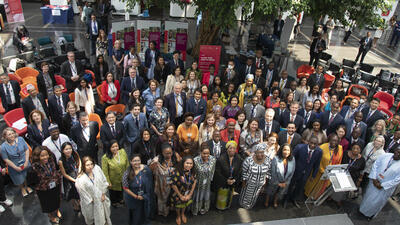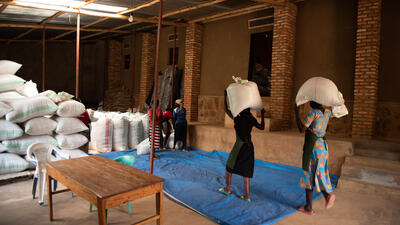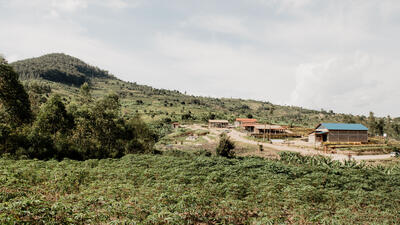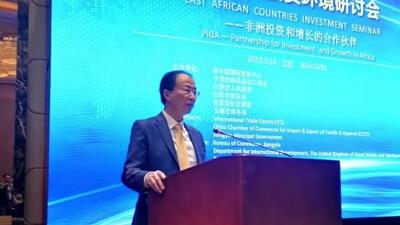L'intégration régionale est-africaine est la clef de la croissance des exportations des PME (anglais)
Discussions on the opportunities that regional integration and value chains present for SMEs to provide goods and services at specific points in the production and distribution process bookended the World Export Development Forum (WEDF) plenary session 2.
The session, entitled ‘Boosting SME participation in international trade: the role of trade facilitation and regional integration’, put focus on trade-facilitation measures that can help increase SME participation in value chains, particularly in landlocked countries.
The East African Community (EAC), covering Rwanda, Uganda, Kenya, Tanzania and Burundi, is seen as a suitable role model of economic integration designed to create a favourable environment for SMEs and business thanks to a number of steps that the partner countries have taken. This includes creating an integrated market of more than 140 million people.
During the session, Mr. Richard Sezibera, the Secretary-General of the EAC, said that to make it easy for SMEs to carry out their businesses in the region, the EAC bloc is moving towards creating a single customs territory where it will be possible to clear the goods at the point of entry and then move them freely within the market. He also explained that the partner states are working hard to reduce the time it takes and costs incurred to move goods from ports to the hinterlands.
‘We have managed to reduce the number of days it takes for a truck to move from Mombasa to Kigali to 6 days, down from 21, after removing the nearly 35 inspection roadblocks that had been placed along the highway,’ Sezibera said.
The ambassador added that the EAC was pursuing common standards and has so far adopted 1,500 with the target set highly at 5,000 for various products and services. In addition, EAC member countries have established common training programs, a common curriculum and joint training for users who are mostly SMEs.
‘A lot of work is going on at the borders where we are building one-stop border points that people can cross in 30 minutes instead of one week. Today, the Malaba border post clears more than 700 trucks per day,’ Sezibera said.
During the session, which was moderated by Mr. Shawn Donnan, World Trade Editor at Financial Times, the audience also heard from Hannington Namara, the Chief Executive Officer of TradeMark Rwanda and former CEO of the Rwanda Private Sector Federation, who said that ‘regional integration is the way to move countries from being landlocked to become land linked’.
Agnes Katsonga Phiri, Vice Chair for East and Southern Africa at the World Customs Organization, said that SMEs also have a role to play and need to organise into working groups that can be communicated with and given information.
‘Much needs to be done to improve cooperation and consultation between agencies and SMEs, to help them affordably evolve into formal companies,’ Ms. Katsonga said.
Read the full summary of the second plenary session: Boosting SME participation in trade through trade facilitation and regional integration.
WEDF is organized by ITC, the only United Nations organization with an exclusive focus on assisting SMEs. The event is hosted by the Rwanda Development Board.





